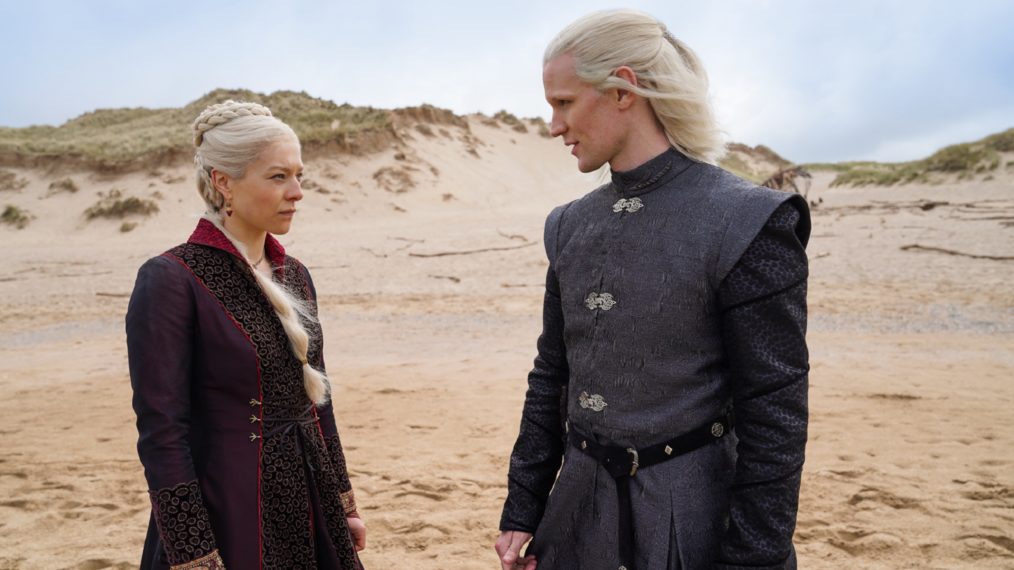#‘All to Play For’ Review: Virginie Efira Excels in a Custody Drama With No Easy Solutions

Table of Contents
It wouldn’t be the Cannes Film Festival nowadays without at least one film featuring the prolific Franco-Belgian actress Virginie Efira, who’s become a regular on the Croisette ever since starring in director Justine Triet’s second movie, Victoria, back in 2016.
Last year, Efira toplined Serge Bozon’s Don Juan and Alice Winocour’s Paris Memories, while also shining in Rebecca Zlotowski’s Venice selection, Other People’s Children. (The latter two films were both recently released by Music Box in the U.S.)
All to Play For
The Bottom Line
A hard-hitting portrait of motherhood.
Venue: Cannes Film Festival (Un Certain Regard)
Cast: Virginie Efira, Félix Léfebvre, Arieh Worthalter, Mathieu Demy, India Hair
Director, screenwriter: Delphine Deloget
1 hour 52 minutes
This year, the actress, who started off hosting gameshows, talk shows and doing sketch comedy on TV, hits Cannes with a pair of dark dramas: Valérie Donzelli’s Just the Two of Us and first-time writer-director Delphine Deloget’s All to Play For (Rien à perdre).
Deloget’s gripping debut, about a single mother fighting to get custody back of her youngest son from French child protection services, features Efira at her toughest and finest, playing a woman backed into a corner by a system that leaves her no easy way out.
When we first meet her character Sylvie, she’s holding things down as the mom of a teenager, Jean-Jacques (the excellent Félix Lefebvre, from François Ozon’s Summer of 85), and 8-year-old, Sofiane (newcomer Alexis Tonetti, also great), while bartending at a club filled with drunken, sweaty men her age. Unable to get a good night’s sleep, Sylvie is always tired and rushing around, whether to restock the bar, take her sons to school or take care of her brother, Hervé (Arieh Worthalter), who’s pretty much a kid himself.
Initially, All to Play For (the better French title simply translates as Nothing to Lose) feels like a fast-paced dramedy about a 40-something mother with too much on her plate. Even the opening scene, where we see Jean-Jacques rushing Sofiane to the hospital after the latter burns himself while making french fries, causing a small fire in their kitchen, feels more like a comic anecdote.
But that incident comes back to haunt the family and then some when a child protection worker, Mademoiselle Henry (India Hair), shows up a few weeks later with two cops and whisks Sofiane away to a foster care center. It’s a heartbreaking sequence to witness, and despite the fact that Sylvie is clearly a loving mother, the French authorities believe she’s a danger to her own son.
From that moment on, All to Play For turns into a downward-spiral drama where Sylvie repeatedly tries and fails to get Sofiane back, enlisting a lawyer (Audrey Mikondo) and her more responsible brother, Alain (Mathieu Demy), to help her. The more she persists, the harder it gets — sometimes because Sylvie tries too hard and doesn’t come across as stable, even if her instability is provoked by what’s happening.
The other reason is that Mademoiselle Henry seems completely blind to the person in front of her, refusing to acknowledge that Sylvie can be both caring and chaotic at the same time. Earlier on, we see her helping Jean-Jacques with his trumpet practice or digging up a toy that Sofiane can’t find in his bedroom. She’s absolutely trying her best with her sons, and has no real private life as a result, but the French authorities miss this crucial fact.
Indeed, All to Play For can sometimes feel like an argument against a country’s sometimes overbearing and Kafkaesque social system, which is a rare thing in French movies that tend to be funded with state money. Whether Sylvie’s facing the child protection workers, the cops or a judge, she keeps on fighting a losing battle, and as the weeks and months slip by she starts to lose her mind.
Efira plays these scenes so authentically that when she freaks out, as her character is wont to do, we believe it. But her performance is also laced with tender and tragic moments, such as when Sylvie is forced to meet Sofiane in the foster center as a chaperone looks on, in a scene that’s as devastating as it is frustrating: Can’t the social workers see what we see? Do they even know what love is?
Deloget stacks the deck so high against the system that it seems a tad unfair, but it makes for compelling drama. She pushes her heroine to the brink, leading to a finale where Sylvie is left with an awful decision: accept the reality of her situation or put her motherly love first. The choice she makes may not seem wise, but then again, All to Play For goes beyond mere questions of right and wrong to show us what matters most.
If you liked the article, do not forget to share it with your friends. Follow us on Google News too, click on the star and choose us from your favorites.
For forums sites go to Forum.BuradaBiliyorum.Com
If you want to read more Like this articles, you can visit our Social Media category.




